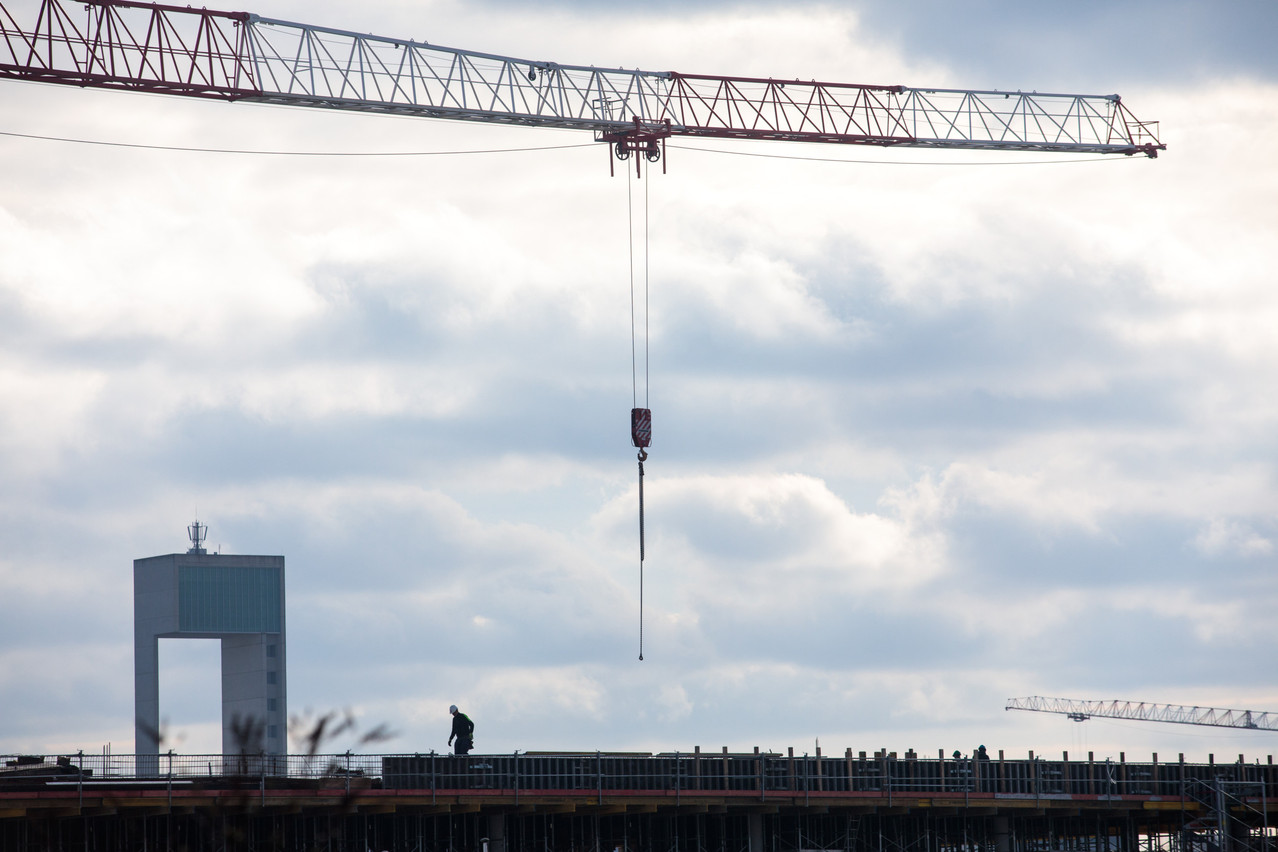Wood, steel, aluminium... the price of raw materials is exploding. There are several reasons for this crisis, as : the rapid recovery of the American and Asian economies, which has caused demand to soar. In addition, for wood, the impact of the taxes put in place at the end of 2017 by Donald Trump on Canadian imports pushed American companies to buy... in Europe. As a result, supply is struggling to keep up.
said that they would take on these price increases, even if they could pass them on in future contracts. If not, what rights do customers have? The European Consumer Centre in Luxembourg (CEC Luxembourg) sheds light on this.
Does the manufacturer have the right to increase the price of a contract already signed?
“You have to check the clauses of the contract,” said Jean-Loup Stradella, a lawyer at the CEC. If none of them provide for a price adjustment, the client can refuse. Otherwise, “you have to see how the price revision is formulated, but it will be more difficult to contest it.”
Can construction firms add a price revision clause to the contracts?
The builder cannot unilaterally go back on a contract already signed. For future contracts, "it is clear that companies will add price revision clauses, it is totally legal,” the lawyer commented.
He said that most contracts already contain such clauses. Pol Faber of the Fedil business federation confirmed this: “In general, the standard says that if you have a price increase, an individual will have to pay it.”
If the price increases too much, can the contract be cancelled?
"The first step is to contest the level of the increase amicably, to return to a price closer to the one agreed," advised Stradella. If the discussions do not succeed, you will have to go to court. "The judge will decide whether there can be an annulment.”
And in case of delay, what can the client ask for?
Here again, you have to look at the contract, but most of them provide for compensation for delay, according to Faber and Stradella. However, the consumer centre’s legal expert pointed out that they can be cancelled in the event of "force majeure". He defines this as cases where delays are due to a cause "outside the responsibility" of the manufacturer. For example, the weather. A shortage of materials may be included, but it will be up to the company to prove that it had no possibility of obtaining supplies otherwise. If it is only the usual supplier who has run out of stock or has increased his prices, this is not force majeure, in Stradella’s view.
To what extent will manufacturers be able to recover the money lost in this crisis on the margins of future contracts?
“That's the fear we have,” admitted Stradella. “Everyone can set the price they want. Legally, there is no limit.” However, he is counting on competition to prevent abuses.
What about public contracts?
All this concerns private individuals, where negotiations are done on a case-by-case basis. In the case of public works, companies are asking for the cancellation of late penalties and the revision of the price for advance payments before the end of the works. This is a way to avoid bearing the burden of this materials crisis alone. These issues are still under discussion with the ministry of public works. "We can already say that minister (Déi Gréng) has agreed in principle to a more rapid regularisation of advance payments due to price increases, the extension of the deadline for the execution of public works in the event of delays due to shortages, and the abandonment of penalties for delays," the ministry said.
